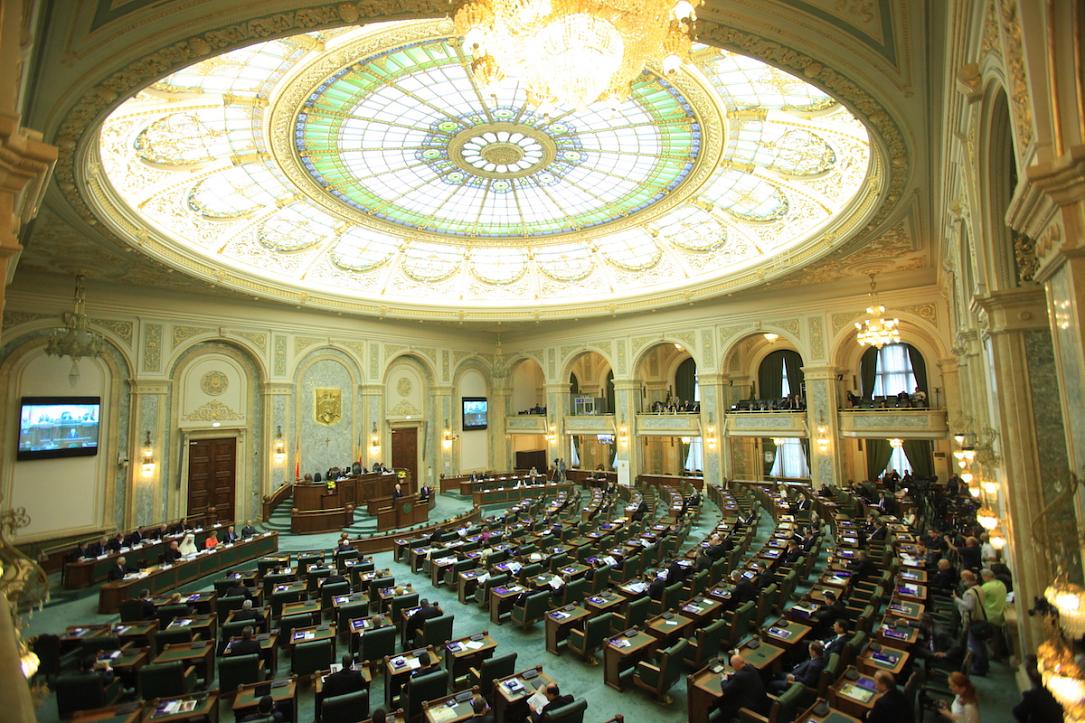RO Senate rejects draft law that reverses the “greed tax” ordinance

Romania’s Senate on February 11 rejected the law that endorses an emergency ordinance adopted by the Liberal Government of Ludovic Orban (OUG 1/2020) to reverse several provisions considered negative for the business environment included in another emergency ordinance passed at the end of 2018 by the former Socialist Government (the famous OUG 114/2018, also known as the “greed tax” ordinance), Ziarul Financiar reported.
The Chamber of Deputies has the final decision on this law. On January 6, 2020, the Liberal Government adopted an emergency ordinance to amend OUG 114/2018.
One of the new ordinance’s most important provisions is the elimination of the tax on bank assets.
The ordinance also aimed to remove the 2% tax on turnover applied to energy companies, a tax on the turnover of telecom companies, and the tougher capital requirements imposed on private pension fund managers.
It also removed the can on electricity and natural gas prices for households and froze the wages of the dignitaries.
The Orban cabinet tried to pass the same changes at the end of December 2019 by taking responsibility for them in the Parliament, but the procedure was challenged at the Constitutional Court.
(Photo: Shutterstock)
editor@romania-insider.com
















